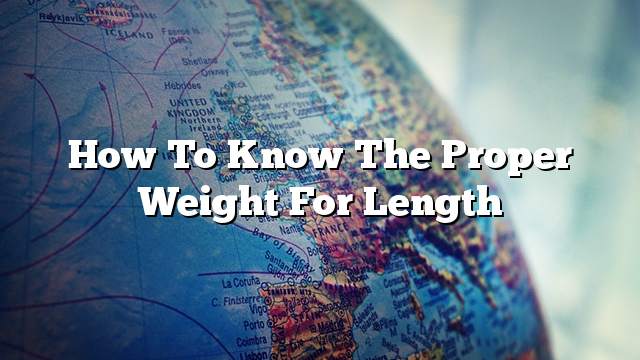perfect weight
The ideal weight is an indicator of how close to healthy weight is. There are several factors to consider whether weight is ideal or not. These factors include: age, muscle mass ratio for fat mass, height, sex, and bone density.
Weight and disease
There is a direct correlation between weight and disease. The higher the mass of the weight, the greater the risk of fatal diseases, according to the Foundation Heart, Blood and Lung, where weight gain especially in the waist area leads to the risk of heart disease and type II diabetes, To the extent of excessive obesity to high blood pressure, which adversely affects breathing, with the possibility of increasing the person’s cancer.
Get healthy weight
The decision to change towards a healthy lifestyle begins with knowing the ideal weight. Both food and exercise are equally important for weight loss. Each person is different. The only effective way is to follow personal strategies and thus be a healthy way to lose weight.
BMI
This method is best known to determine whether the weight is ideal or not, as it measures the weight compared to length, in addition to it helps the health staff in the identification of chronic diseases, and measured by the following equation:
BMI = weight (kg) / square length (m).
Example: Weight 60, length 1.66 m, calculated as follows:
BMI = 60 ((1.66 * 1.66) = 21.77, this weight is described as the ideal weight as shown below.
Descriptions of body mass index results
The descriptions are as follows:
| BMI | the description |
|---|---|
| Less than 18.5 | Weight loss |
| From 18.5 to 25 | perfect weight |
| From 25 to 30 | Increase in weight |
| More than 30 | Excessive obesity |
